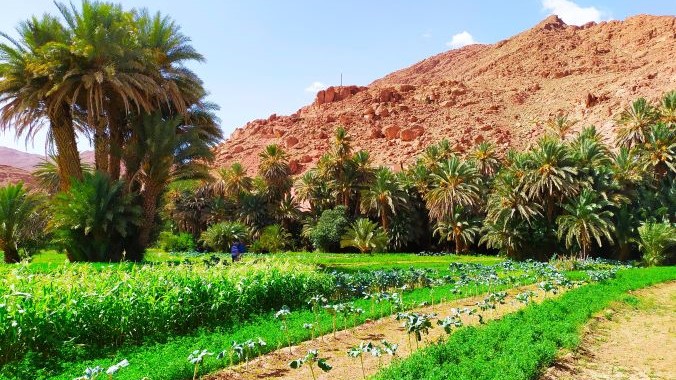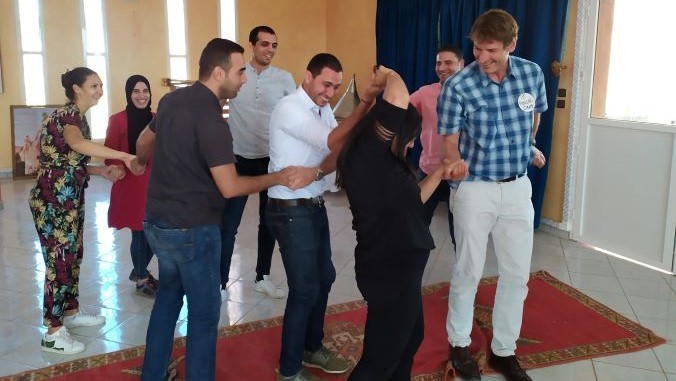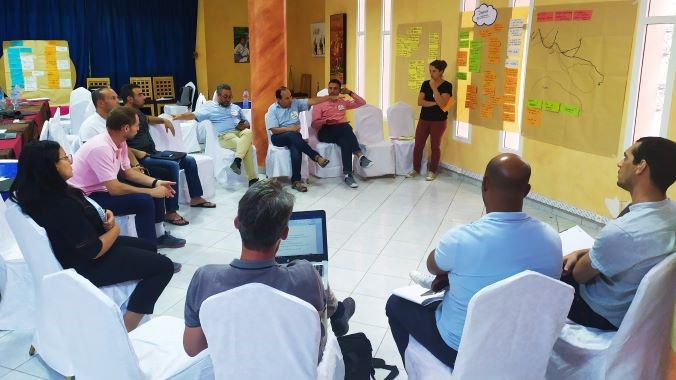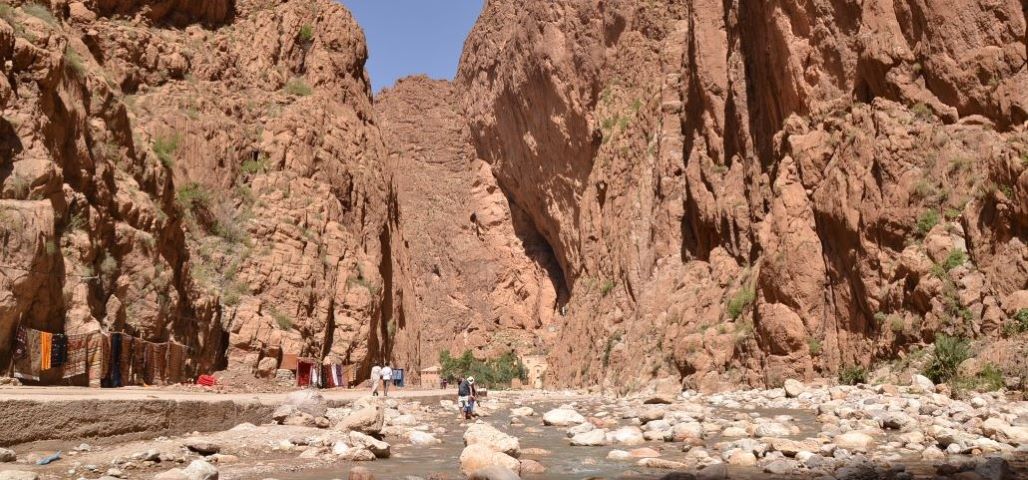Context
The rural and oasis regions of the Maghreb face critical challenges related to food security and resilience against climate change. The MASSIRE project, launched in 2020, addresses these issues by strengthening agricultural innovation systems. Funded by the International Fund for Agricultural Development (IFAD) and led by CIRAD, the project brings together scientific and non-scientific partners from the three Maghreb countries and France.

4 years of work
Approximately 30 scientific and non-scientific partners
Nearly 100 participatory workshops and several tested innovations
Our mission
Lisode played a crucial role in designing and implementing a collaborative approach involving scientists, public institutions, and local actors from four countries. Our role was to establish a win-win partnership that addressed the sometimes differing expectations of each participant in the project. Once the collaboration was structured, 18 parallel participatory processes were conducted in three distinct oases to identify and work on innovations that would help vulnerable regions of the Maghreb better face upcoming crises. We were tasked with training local facilitators, monitoring these processes, and capitalizing on the lessons learned.

Impacts and results


